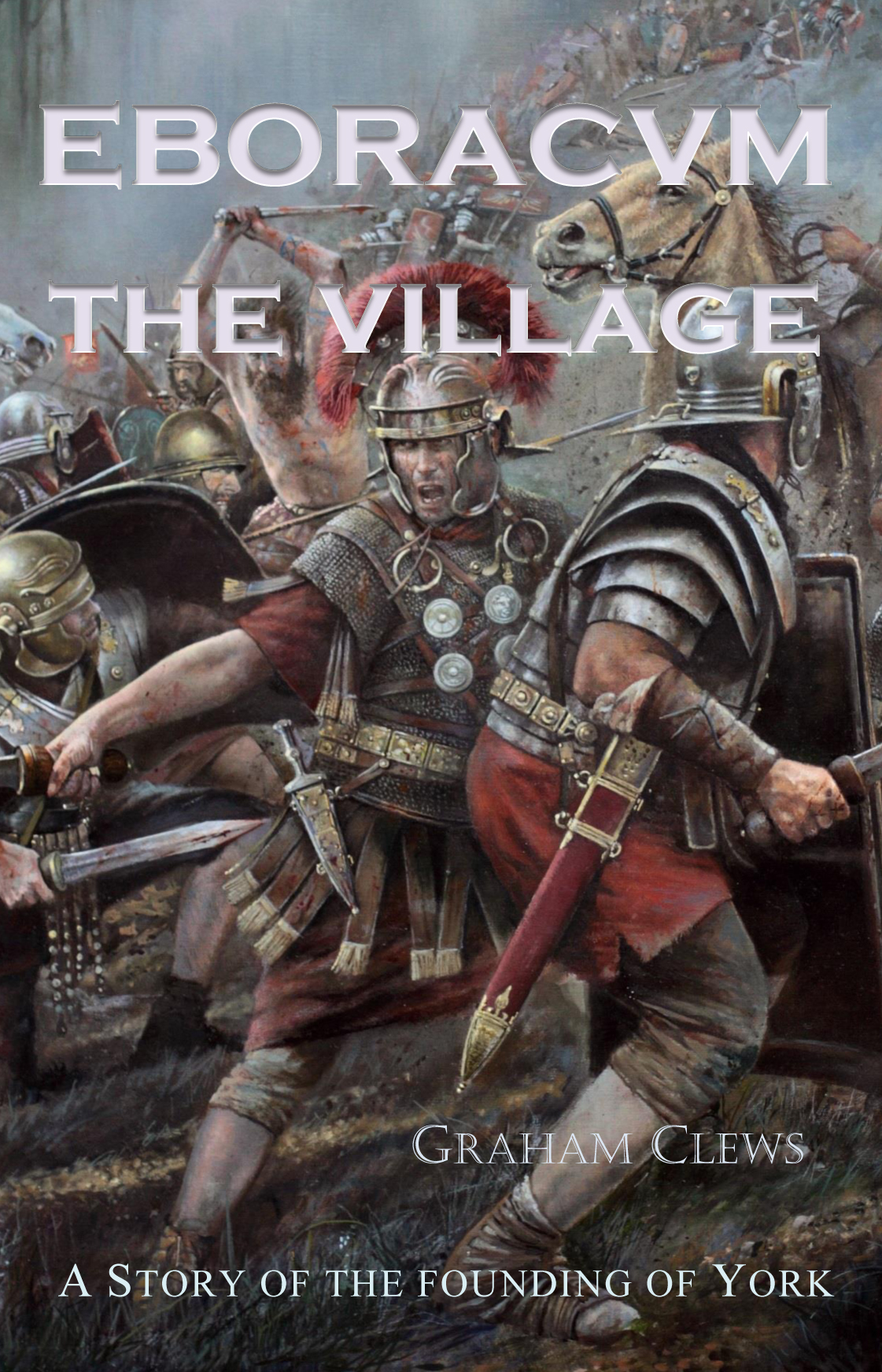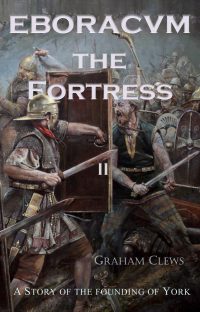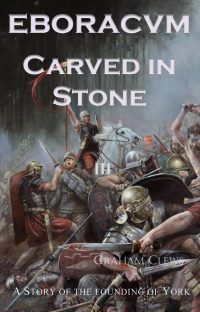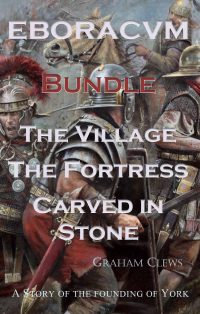Description
It is a cold morning in AD 71: a small galley clumsily docks at the Place of the Yews in Brigantia, Northern Britain.
Gaius Sabinius Trebonius has arrived at the confluence of what will become known as the Ouse and the Fosse to survey the site for a new Ninth Legion fortress. Cethen Lamh-fada is reluctantly hosting the Briganti king, Venutius, along with a small force of warriors and a bard. Unaware, Gaius goes about assessing and laying out the new fortress. As the Romans prepare to leave the more hotheaded warriors attack the survey party. In the resulting melee Gaius, severely wounded, tumbles into the river between the galley and the dock; Cethen, on impulse, leaps in and saves him.
From this small act begins the ambivalent relationship between the families of Gaius and Cethen that reverberates throughout the Province and even the Empire.
Eboracvm: The Village sets the scene for the often tempestuous and frequently cordial relationships between conquering Romans and rebellious Britons, intertwined with personal feuds and passionate affairs that drive the political landscape of Northern Britannia.
Graham Clews has, in this wide ranging novel in the style of Wouk’s Winds of War and War and Remembrance, created a saga of the ongoing confrontation between Britain and Rome, mapped by the relationships which connect these two families. Gaius, Cethen, his wife Elena and the bard Criff play key roles in the development of Briton in this and subsequent volumes in an unputdownable tale.
Review
Artis-Ann in the Yorkshire Times
Link to Review
“Clews has clearly done his research thoroughly, though, and with impressive attention to detail, creates a wholly believable scene: architecture, costume, weaponry and battlefield tactics amongst much else, are all accurately described. Whilst the historical narrative is engaging, this novel is also character-driven. The characters are strong, from the stubborn, feisty Elena, Cethen’s wife, to the pragmatic although highly unpleasant Cartimandua; the minor characters are not just page-fillers but equally realistically defined. They are believable and the reader will recognise similar traits in people they have met in more modern times. Effective dialogue drives the narrative, giving the book pace and drama.”
“This is an excellent portrayal of life in Roman Britain, filled with human drama, and the intensity of real emotion. The naturalistic language adds to the realism and characterisation and helps further immerse the reader in a world which becomes less foreign the more you read on.”




